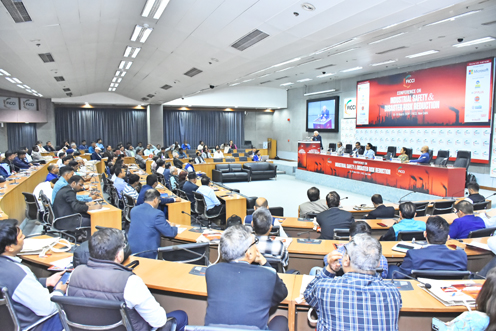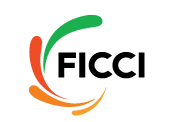Industrial Safety and Disaster Risk Reduction requires investing in advanced systems and creating an overall culture of safety and excellence: Member, NDMA
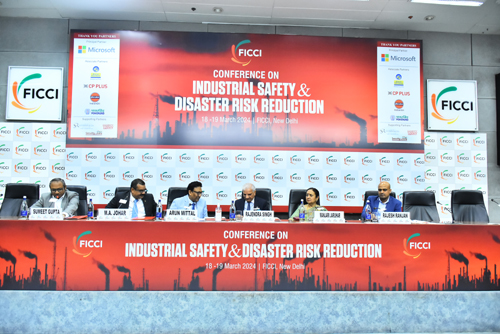
Rajendra Singh, Member, National Disaster Management Authority (NDMA), Govt of India while inaugurating the ‘Conference on Industrial Safety & Disaster Risk Reduction,’ organized by FICCI on 18 March 2024, said that organizations manage risk by establishing policies, procedures, and frame works to ensure responsible and sustainable operations. “NDMA plays a crucial role in supporting risk governance,” he added.
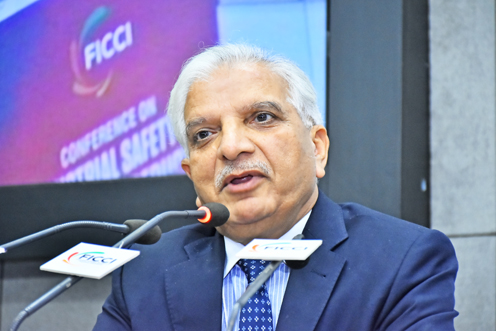
Rajendra Singh
Mr Singh further highlighted the importance of people centric approach. “Investing in advanced safety systems, building a culture of safety and excellence, strengthening emergency response mechanism and collaboration for collective progress are pillars of disaster risk reduction,” he emphasized.
Arun Mittal, Executive Director, Oil Industry Safety Directorate, Ministry of Petroleum & Natural, Gas, Govt of India said that companies have industrial safety systems in place. However, things are different on the ground, mainly due to our safety culture, which tends to bypass safety procedures. “Companies need to invest more in industrial safety and work towards creating a safety culture where people keep reporting unsafe conditions,” he added.
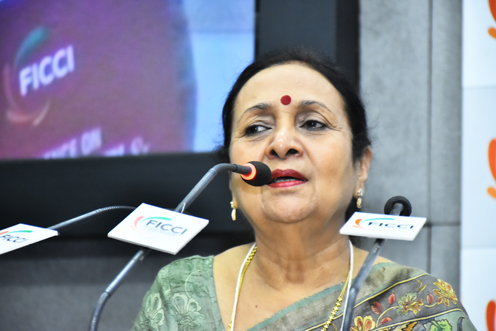
Manjari Jaruhar
Ms Manjari Jaruhar, Advisor, FICCI Committee on Private Security Industry and Former Special DG, CISF, Govt of India commented on India’s key role as emerging global player in the industrial and technology sectors. “The sheer magnitude of an industrial accident and its irreparable consequences on both mankind and the environment demand that every effort be made to prevent industrial disasters,” she noted.
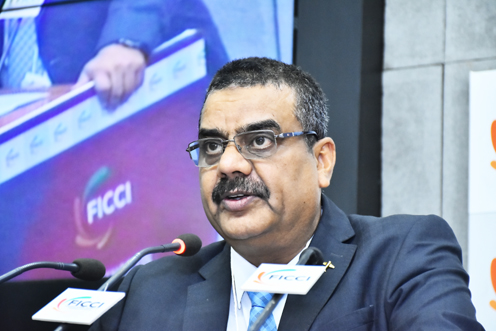
M.A Johar
Earlier M.A Johar, Member, FICCI Committee on Private Security Industry and President, Strategic Business, CP PLUS while welcoming the dignitaries said that safety is not merely a protocol, it is a moral imperative. “Together, we can build an ecosystem that empowers each individual and community to be proactive agents of safety and resilience,” commented Mr. Johar.
FICCI – SS Rana & Co. Report ‘Women Safety at Workplace – 2nd Edition’ was released during the session. The report explores new avenues of the POSH Act such as ‘Reasonable Woman’ which tackles concerns regarding the ambiguity and grey areas of the Act by utilizing a standard for eliciting sexually harassing scenarios and ‘Principles of Natural Justice’ as well as exploring recent developments in the space via the chapter on ‘Amendments to the POSH Act.’
